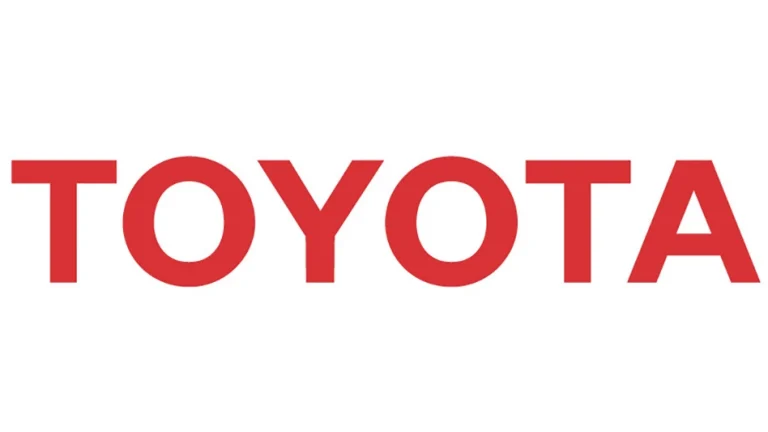Toyota Engineering & Manufacturing North America (TEMA) has been selected to receive US$4.5m in funding from the US Department of Energy, Advanced Research Projects Agency – Energy (ARPA-E). The funding is part of the Catalyzing Innovative Research for Circular Use of Long-lived Advanced Rechargeables (CIRCULAR) program, designed to support a circular supply chain for EV batteries.
TEMA’s Toyota Research Institute of North America (TRINA) division will administer the project – Development of an Autonomous Robotic Disassembly Process for Applications in Battery Pack Circularity – in partnership with Oak Ridge National Laboratory (ORNL), the National Renewable Energy Laboratory (NREL) and Baker Hughes’ inspection technology product line, Waygate Technologies, to pursue the project goals.
This project aims to develop a template for a 3R (Reduce, Reuse, Recycle) facility of the future. The objective is to assist in resolution the crucial bottlenecks in battery supply chain circularity – automation of battery pack disassembly, data-driven battery classification, and addressing cell degradation.
The teams working on the project will develop tools and procedures, including an automated pack disassembly process, advanced diagnostic tools and protocols for module and cell 3R classifications, and a refabrication method for 3R cells into new energy systems. Together, these innovations result in end-of-life lithium-ion batteries being systematically evaluated, classified and reused before recycling.
“As it stands, this project and program will highlight avenues for everyone to rethink their approach to battery circularity, and help prioritize the extension of battery life, facilitate battery reuse, and reduce battery waste while unveiling the appropriate pathways to achieve such priorities,” said Nik Singh, principal scientist at TRINA, who is also principal investigator on this project.
The concepts developed within this project will also be applied in industrial settings led by TMNA’s Battery Lifecycle Solutions (BLS), business development team.
“This collaboration represents a significant step forward in developing sustainable solutions for the battery lifecycle,” said Sarah Kennedy, BLS manager who is leading the technology to market deployment.
Toyota says as end-of-life and battery scrap volumes increase in the coming years, a new approach is needed to extend the useful life of many standard battery pack components, paving the way for a sustainable, circular battery supply chain.


